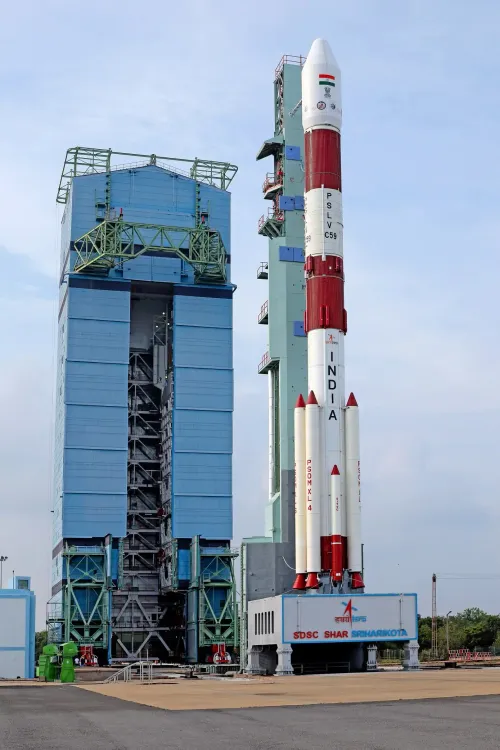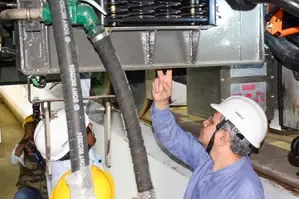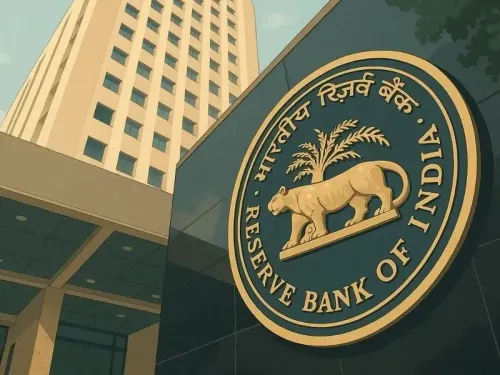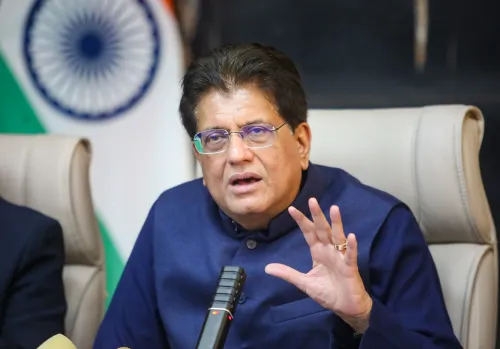India's Space Economy to Expand Threefold Over the Next Decade: Minister

New Delhi, Dec 14 (NationPress) The nation's space economy is anticipated to expand three times within the next ten years, as announced by the Union Minister of State (Independent Charge) for Science and Technology, Dr. Jitendra Singh, on Saturday.
During a press conference in the national capital, the minister highlighted that India's space, marine, and Himalayan resources, which have been insufficiently explored prior to Prime Minister Narendra Modi's administration, will significantly contribute to India's economic advancement.
“India is progressing towards aligning its space sector with global standards. Since 2014, there has been a remarkable transformation in the nation's space economy,” he remarked.
“At present, India's space sector accounts for approximately eight to nine percent of the global space economy, and this figure could potentially triple in the next decade. This progress would not have been achievable without the dynamic leadership of PM Modi,” the minister stressed.
When questioned about how India can leverage its natural resources for innovative growth in the future, the minister explained that PM Modi has opened the space sector to private enterprises, creating vast opportunities for benefit extraction.
“Although ISRO was established later than NASA, it has now reached a level where it is no longer behind any other organization globally. Its capabilities are continuously improving. To date, we have successfully launched over 432 satellites, with 397 of those launches occurring after PM Modi assumed office in 2014,” Dr. Singh shared.
Dr. Singh also mentioned that India aims to establish its own space station by 2035.
“We must delve into unexplored territories. There is no shortage of resources, potential, dedication, and enthusiasm,” he added.
The space sector, which was restricted for around 60-70 years, has now been opened to the public sector thanks to the 2023 New Space policy, resulting in a substantial industry boom.










